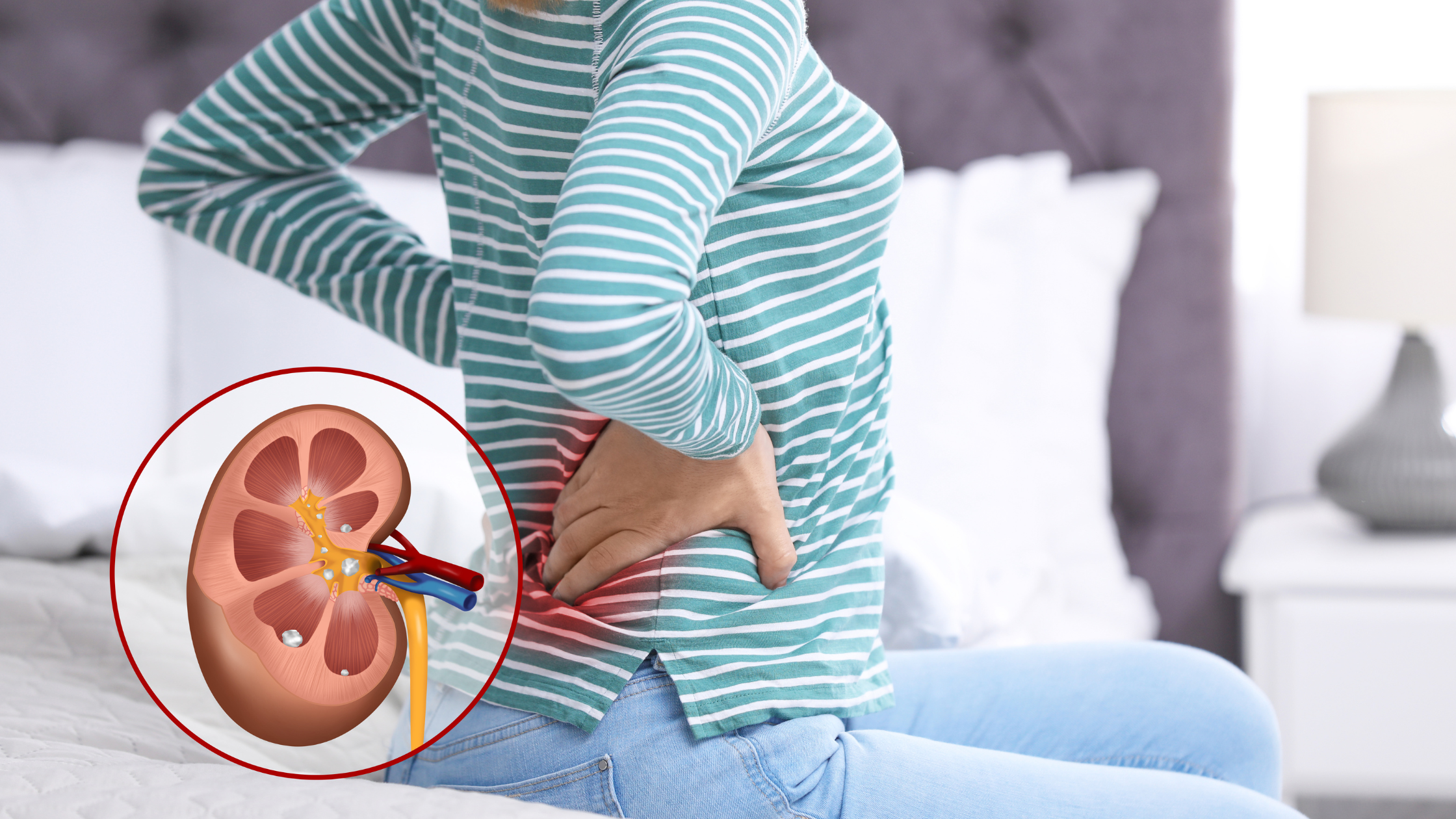Kidneys are hard working organs with 10 lakh filters and tubules in each kidney. They not only clean the body of all the toxins that enter into or are generated within the body, but also perform multiple other functions like water balance, electrolyte balance, acid and base balance of body, they produce hormone erythropoietin which stimulates bone marrow to produce red blood cells, they activate the vitamin D which comes from sunlight and food into active form called calcitriol and hence are crucial for the bone health. So, kidneys are vital organs of the body and declining function of the kidneys can affect the body in multiple ways. Kidneys have a lot of reserve and so even when the function starts to decline the remaining filters start hyper filtering and managing the functions for a long time before any symptoms arise. Hence, Chronic Kidney disease remains silent without symptoms for long time. Even when we donate a kidney, life can go on without much problem, that means the remaining kidney can over work and manage. This cooperative nature of the filters makes the chronic kidney disease a silent disease.

Kidney function is measured in terms of glomerular filtration rate(GFR ) with the help of formulae which use blood creatinine , age, sex and race of an individual to tell how the kidneys are working. The eGFR of a young healthy 25-year individual is approximately 120 ml/min/1.73 m2 and generally with aging it starts to decline by 0.5-1 ml/min/1.73 m2 every year after the age of 30-35 years. This decline in GFR or kidney function with age is normal to everyone. So, a 70-year individual is expected to have a GFR of 70 ml/min/1.73 m2. But in chronic kidney disease there is faster decline in kidney function. Chronic kidney disease means the kidney is aging faster than the rest of the body and dies prematurely leading to need for dialysis, to perform some of the kidney’s functions to support living.
Every year in India approximately 2,20,000 new patients reach stage 5 of chronic kidney disease pushing needing dialysis therapy. Only 1/3rd have access to or afford to continue regular dialysis. Dialysis costs 25,000 to 50,000 Rs per month in private hospitals. People survive from 5 yrs to 20 yrs or more with help of dialysis. Kidney transplant is the best alternative to patients needing dialysis, it can give a second life to these patients. Only 7,500 to 10,000 Kidney transplants happen every year in India.90% of these transplants happen with a living donor and 10% are deceased ( brain dead )donor. Average cost for KT is 8 to 10 Lakh Rs, followed by monthly medication cost up to 8-10K lifelong. Managing advanced kidney disease puts an immense strain on the finances of any family and also on the nation’s economy.
17 % of Indian adults have chronic kidney disease of some stage. Chronic kidney disease stage 1 to 4 has minimal or no symptoms and hence only 7% of people with chronic kidney disease are aware that they have a kidney problem. It is the early stage of kidney disease stage 1 and 2 when it can be effectively prevented from progressing. Once the disease progresses to stage 3 or 4 it is a relentlessly progressive disease unless effective measures are done to slow down. So, it is imperative to detect chronic kidney disease at the earliest stage with help of simple tests like blood creatinine and Urine analysis including Urine microalbumin to creatinine ratio. These tests can detect kidney disease at earliest and help us prevent the progression. Especially the at risk population , like , diabetics, hypertensives, obese individuals, those with family history of kidney disease, those having recurrent Urinary tract infections, or kidney stones, those using any ayurvedic or siddha medication containing gold, silver or mercury Bhasma, or on long term pain killers, and those with any chronic diseases like heart disease, liver disease, obstructive airway disease those who smoke or regularly consume alcohol etc those who live in highly air polluted regions, should at least annually screen their kidney health to detect CKD at the earliest and prevent it from progressing.
Preventing kidney disease begins by working proactively on a healthy lifestyle and diet. Screening in time is the next best step to detect in time and stop the progression.
